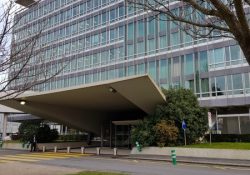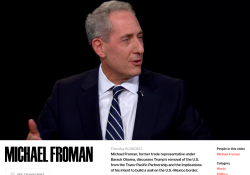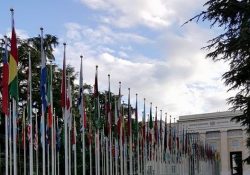EB140: Statement of India on the Report of the United Nations High-Level Panel on Access to Medicines
On the morning of Monday, 23 January 2017, India delivered the following intervention at the 140th session of the World Health Organization’s Executive Board requesting the “explicit inclusion” of the United Nations Secretary-General’s High-Level Panel Report in the “provisional agenda of the EB140 as a separate agenda item under item 8.”
In making the case for the inclusion of the UN HLP in the WHO’s Executive Board deliberations, India articulate the following:




